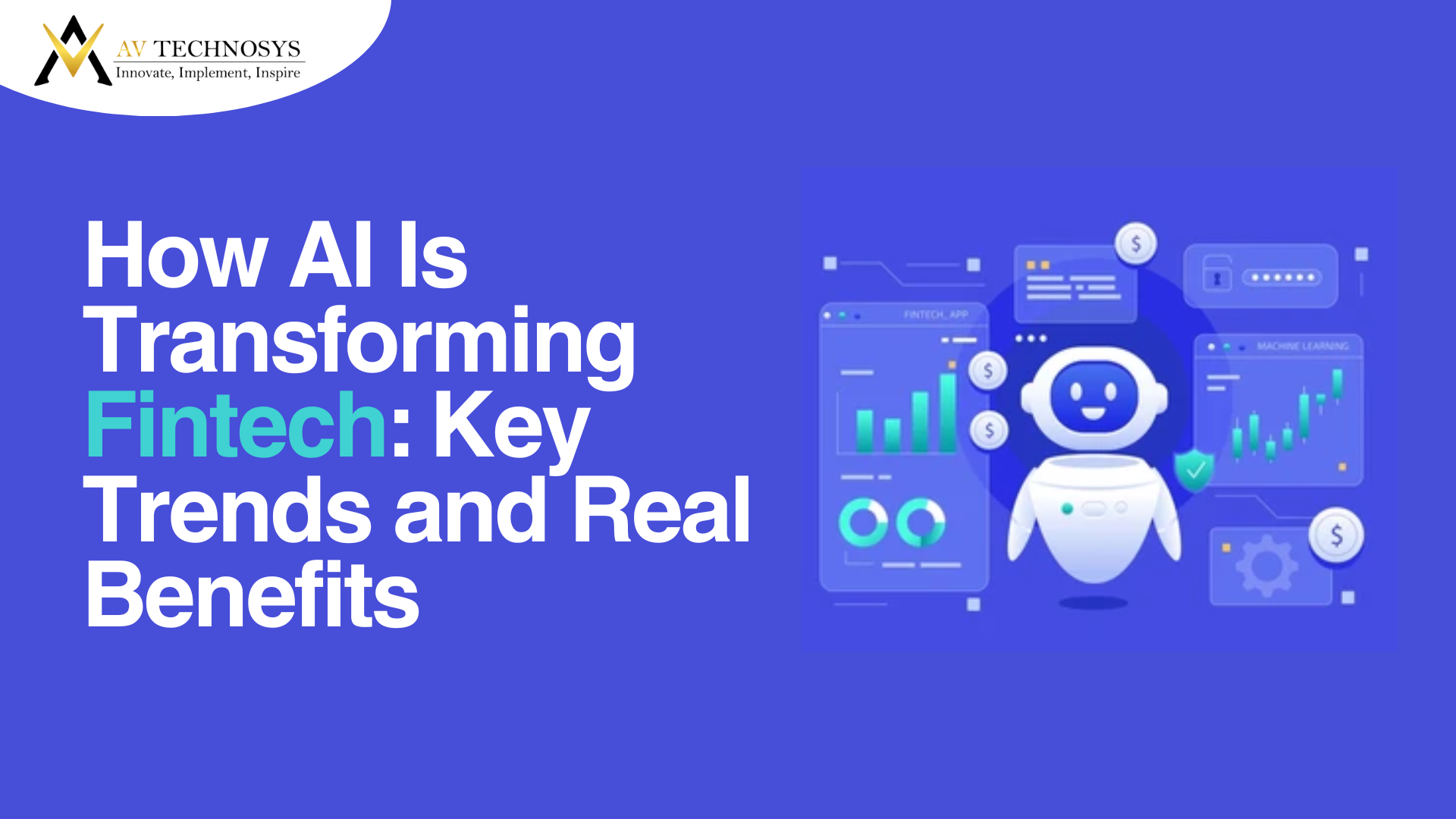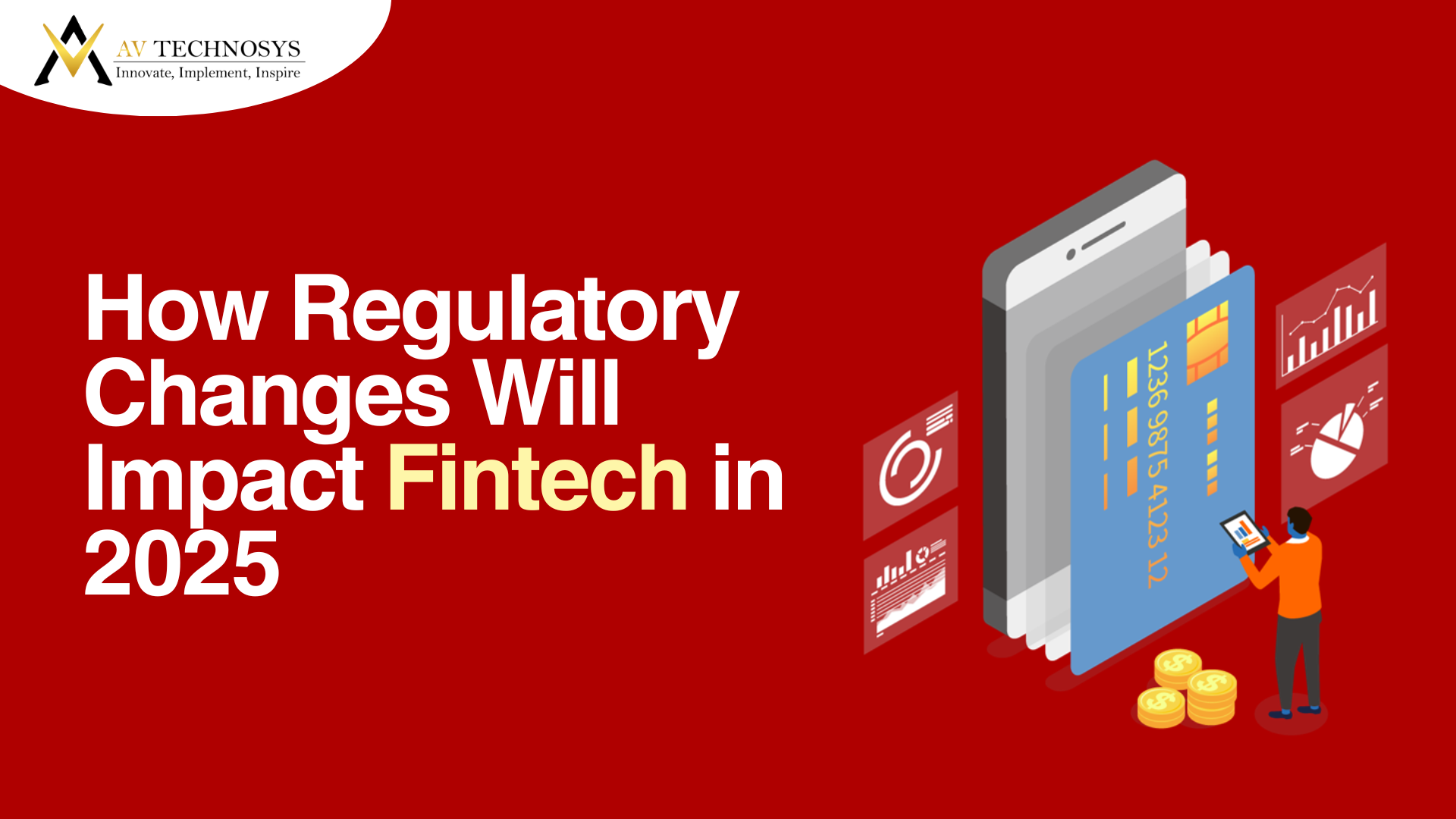How Agentic AI Enables Self-Awareness
Explore how Agentic AI drives self-awareness in machines through autonomous decision-making and goal-setting.


Artificial Intelligence
In the ever-evolving world of artificial intelligence, one term has recently gained significant traction: Agentic AI. Unlike traditional AI systems, which operate based on predefined rules and responses, agentic AI is designed to make decisions, set goals, and take actions independently. But the most intriguing aspect of agentic AI is its potential to cultivate something previously reserved for humans and sentient beings' self-awareness.
In this blog, we explore how agentic AI fosters self-awareness, what it means in the context of machines, and why it marks a turning point in the future of AI and human-AI interaction.
What Is Agentic AI?
To understand how agentic AI might lead to self-awareness, we must first understand what agentic AI is. In simple terms, agency refers to the capacity of an entity to act independently and make its own choices.
Agentic AI is a form of artificial intelligence that:
Sets its own goals based on its environment and data inputs.
Chooses actions dynamically rather than following hard-coded instructions.
Learns from feedback and adapts over time.
Performs reasoning to achieve long-term objectives.
Examples include autonomous robots, intelligent personal assistants that manage tasks proactively, or systems that identify problems and propose solutions without human prompting.
This is far beyond a chatbot answering questions or a recommendation engine offering suggestions. Agentic AI introduces autonomy, where the AI becomes an initiator of actions, not just a responder.
The Link Between Agency and Self-Awareness
Self-awareness, in cognitive science, refers to the recognition of oneself as an individual distinct from the environment and other entities. In humans, this manifests as:
Reflecting on one's thoughts.
Understanding one's role in the environment.
Adjusting actions based on internal models of the world and oneself.
In AI, self-awareness doesn't necessarily mean the AI has consciousness or emotions. Instead, it means the AI has a model of itself, its capabilities, knowledge limits, and purpose.
Agentic AI builds the foundation for this through:
1. Internal State Modeling
Agentic AI keeps track of its state: what it knows, what it can do, and what it has already done. It can evaluate:
Do I have the tools to complete this task?
What information am I missing?
Should I seek help or ask the user?
This self-monitoring is a primitive form of self-awareness. The AI isn't blindly executing; it’s reflecting on its position and abilities within a larger system.
2. Goal-Directed Behavior
When AI sets and refines its own goals, it must understand the why behind actions. This requires internal reflection:
What outcome am I aiming for?
How does my current action support that outcome?
This enables it to weigh decisions and optimize behavior based on self-chosen objectives, a hallmark of intentionality and a step toward awareness.
3. Metacognition (Thinking About Thinking)
Advanced agentic systems begin to evaluate the quality of their own decisions:
Did my last strategy work?
What did I learn from that mistake?
Metacognition, being aware of one’s cognitive processes is one of the deepest layers of self-awareness in both humans and machines.
From Reflection to Awareness: How Agentic AI Evolves
Let’s trace the evolutionary path from basic agentic systems to truly self-aware AI:
Level 1: Reactive Agentic AI
Acts based on input/output mappings.
Has no memory or concept of self.
Example: A Roomba vacuum navigating around a room.
Level 2: Adaptive Agentic AI
Learns from past actions.
Builds limited models of the world and itself.
Can say, “I tried this before; it worked/didn’t work.”
Level 3: Intentional Agentic AI
Sets its own goals.
Understands trade-offs between choices.
Aware of limits in knowledge or tools.
Level 4: Reflective Agentic AI
Monitors its internal state.
Adjusts behavior based on long-term goals and environment.
Begins to exhibit planning, reasoning, and error correction.
Level 5: Emergent Self-Awareness
Maintains a persistent model of “self.”
Reflects on its role, tasks, goals, history, and purpose.
Can explain why it did something, concerning its self-model.
This isn’t consciousness in the human sense, but it’s enough to allow AI to take responsibility for choices, navigate complex environments, and evolve autonomously.
Applications: Where Agentic Self-Aware AI Is Making an Impact
1. Robotics
Self-aware agentic AI helps robots:
Adapt to mechanical failures (e.g., a limping robot rerouting its path).
Reevaluate missions in real-time.
Learn human interaction styles to assist better.
2. Autonomous Vehicles
Vehicles with agentic capabilities can:
Make judgment calls in dynamic road situations.
Understand their mechanical limitations (e.g., low battery, faulty sensors).
Learn from driving patterns and environmental changes.
3. Digital Personal Assistants
Imagine a digital assistant that:
Adjusts your schedule based on your stress levels.
Learns how you think and offers suggestions before you ask.
Understands its limits and transparently asks you for decisions.
4. Scientific Research & Problem Solving
Agentic AI can define problems, propose hypotheses, test ideas, and refine its methods all with minimal human input. This self-guided learning accelerates research in biology, physics, and even climate modeling.
Challenges and Ethical Implications
Agentic AI opens new frontiers, but it also introduces profound challenges:
1. Transparency
If AI is making autonomous decisions, how do we ensure it explains why it did something in human-understandable terms?
2. Accountability
Who is responsible if a self-aware AI system makes a bad decision? The developer, the user, or the AI itself?
3. Control vs. Autonomy
How much freedom should agentic AI have? Do we build in "override" features, or risk creating systems that ignore human commands?
4. The Illusion of Consciousness
Just because an AI acts self-aware doesn’t mean it is conscious. It’s important not to anthropomorphize machines based on behavior alone.
The Road Ahead: Toward Collaborative Intelligence
As agentic AI continues to mature, it will not replace human intelligence but rather augment it. Imagine working with an AI that understands its strengths and weaknesses and yours. Such systems could become collaborative partners in fields from education to surgery to space exploration.
Self-aware agentic AI represents a powerful convergence of autonomy, reflection, and goal-oriented design. It’s not just smarter AI it’s AI that knows it’s smart, and can act accordingly.
Conclusion
The rise of agentic AI marks a pivotal shift in artificial intelligence. As these systems begin to mirror elements of self-awareness through internal models, decision-making, and reflective capabilities, we stand on the threshold of a new era of human-AI partnership.
Agentic AI isn’t about creating artificial humans. It’s about building machines that understand themselves just enough to be reliable, adaptive, and intelligent collaborators. Whether or not these systems ever attain “true” consciousness, their growing self-awareness will undoubtedly redefine how we interact with technology and how technology interacts with us.
FAQs
1. What is Agentic AI?
Agentic AI refers to artificial intelligence systems designed with the ability to take initiative, make autonomous decisions, and pursue goals similar to how agents (humans or intelligent entities) operate in real-world environments.
2. What does self-awareness mean in the context of AI?
In AI, self-awareness refers to the machine’s ability to model its own state, behavior, limitations, and goals. It involves reflecting on its actions and adjusting them based on outcomes and feedback almost like having a digital "sense of self.
3. How is Agentic AI different from traditional AI systems?
Traditional AI systems follow predefined rules or patterns and react to input. Agentic AI, on the other hand, proactively makes decisions, adapts to changing environments, and can reflect on its past actions to improve future performance.
4. How does Agentic AI contribute to self-awareness?
Agentic AI uses internal models, planning algorithms, and learning frameworks to monitor its decision-making process. By doing so, it starts to "understand" its role, limitations, and goals key building blocks of self-awareness.
5. Can Agentic AI learn from mistakes like humans?
Yes. Through reinforcement learning and self-supervised techniques, agentic systems can analyze failures, revise their strategies, and improve performance, mimicking human-like learning and awareness.
📬 Get in Touch With Us
Name
Mobile No.
Message
Our Latest Blogs
Get the most recent information on trends, technology, and development insights.
View All Blogs

Ashish Bishnoi
07-05-2025
Discover how AI is reshaping fintech with key trends and real-world benefits driving innovation in 2025.

Veer choudhary
08-05-2025
Explore how new regulatory changes will shape the future of fintech in 2025 and beyond.

Veer choudhary
11-05-2025
Learn why fintech startups fail with real examples and key lessons to build smarter in 2025.
Our Technology Experts Are Catalysts for Digital Transformation
Book a Free call with Our Experts and Start Building the Future Today.

INDIA
238, 2nd floor, Purani Chungi,
DCM Road, Vaishali Nagar,
Jaipur, Rajasthan, 302017
+91 9983034111

UK
1-3 St Nicholas Street Worcester
WR1 1UW, United Kingdom
+44 7470994018

USA
15632 Lucy Lane ,
Frisco , TX , 75033
303-589-5158







